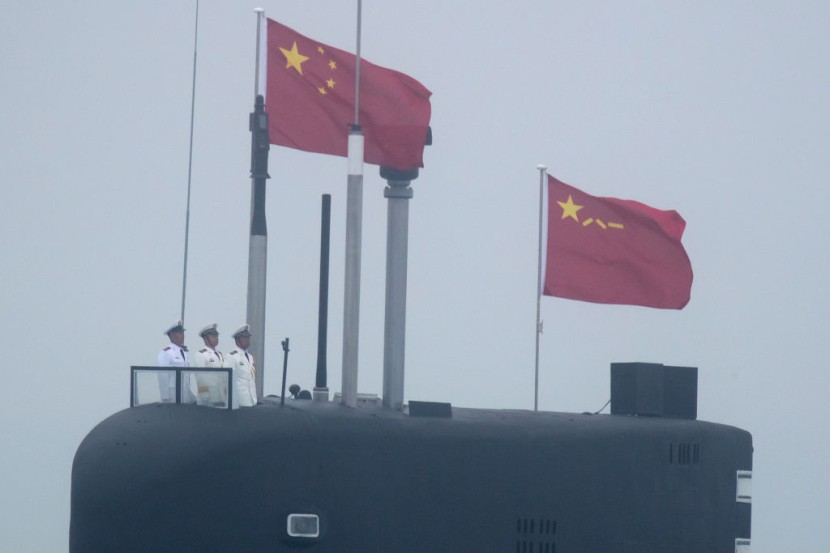
New satellite photographs suggest that Beijing may be beefing up its nuclear arsenal, raising worries that Chinese President Xi Jinping and the United States may soon engage in a new nuclear arms race.
This comes against the backdrop of leading US Democrat Nancy Pelosi opting to go through with her travel to Taiwan despite the Biden administration's misgivings about China's reaction to such a high-profile visit.
China Speculated Upgrading Its Nuclear Test Facilities
Analysis of new satellite images purports to show that Beijing is updating its nuclear test sites in the contentious Xinjiang Uyghur Autonomous Region, where explosive testing has been halted for the last 25 years.
The photos show the excavation of a new tunnel in a mountain, as well as muddy white roadways leading from a command post at the Lop Nur nuclear test site. This test site, which was created in October 1959 with the assistance of the Soviet Union, was the location of China's first nuclear weapon test in 1964.
The photographs also reveal power transmission lines and a cleared space for possible weapon storage. The complex was constructed in a desert approximately 1,200 miles west of Beijing, and specialists have warned that it might house 110 nuclear missile silos.
Meanwhile, tensions between the United States and China have risen. Beijing conducted military maneuvers near Taiwan, which experts believe were in retaliation to House Speaker Nancy Pelosi's visit to the island, Express reported. A concerning war signal was heard in official circles while China conducted military exercises near Taiwan. Last week, China conducted live fire drills in waters near Pingtan Island in Fujian province, which lies adjacent to Taiwan's self-governing island.
In recent days, US warships have been dispatched to the South China Sea as tensions rise over the visit and concerns of conflict. The visit was discussed at the Chinese Academy of Social Sciences' Institute of Taiwan Studies, the country's highest-level think tank.
According to the strongly patriotic tabloid, the slogan "Don't say we didn't warn you" came up regularly in conversations. The phrase was first used in state media in 1962, before China went to war with India, and again in 1979, before the China-Vietnam confrontation. It comes as Britain's top security official has warned that the world is dangerously close to a nuclear war, citing threats from China, North Korea, and Russia, as per The Scottish Sun.
Read Also : Republicans Slam President Joe Biden's Victory Lap Over Death of Al Qaeda's Top Leader Ayman al-Zawahri
Russia Repeats Putin's Warning Over Nuclear War
On Tuesday, a Russian official repeated President Vladimir Putin's new message that "a nuclear war cannot be won and must never be fought," attempting to backtrack on Putin's warning after the Ukraine invasion that Russia is a potent nuclear power and that any attempt to interfere would result in consequences you have never seen.
Putin's remark then substantially heightened global tensions, which were heightened further days later when he ordered Russian nuclear forces to be placed on high alert. Igor Vishnevetsky, deputy head of the Russian Foreign Ministry's nonproliferation and weapons control program, began his country's statement to the 50-year-old Nuclear Nonproliferation Treaty review conference by reading Putin's message to attendees. Later, he said the same thing.
In his remarks at Monday's inaugural, US Secretary of State Antony Blinken termed Putin's threats during the Ukraine incursion reckless, deadly nuclear saber-rattling, according to the Washington Post.
Related Article : Russia Claims US Provokes China, Sympathizes with Beijing Over Nancy Pelosi's Expected Taiwan Visit
@YouTube








